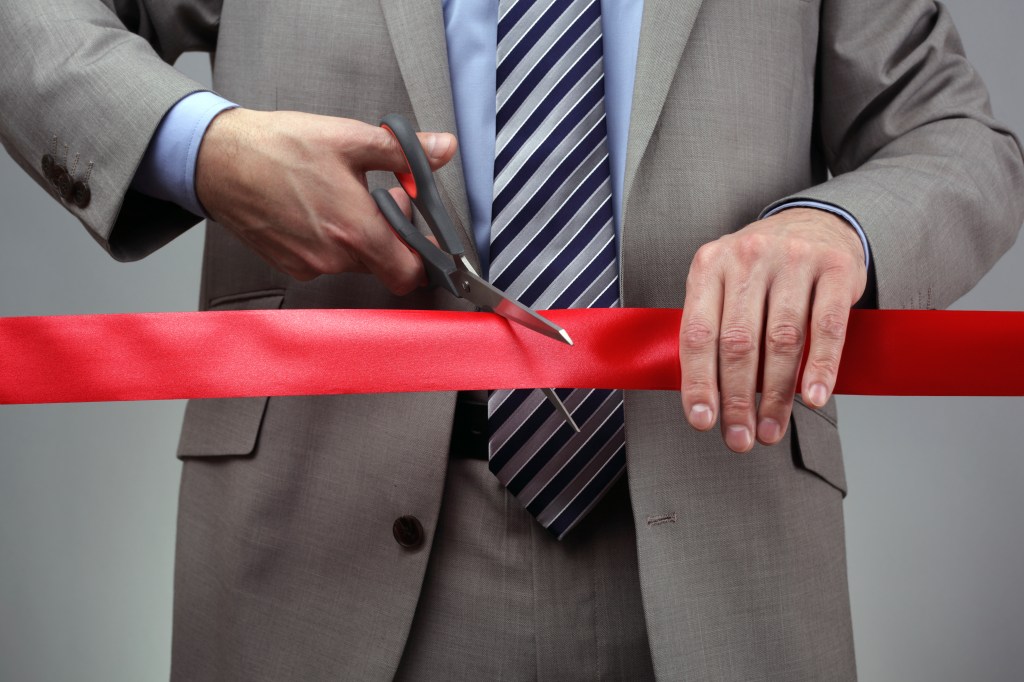
Convenience stores should be allowed to sell alcoholic beverages, according to a Senate inquiry report into the effects of red tape on alcohol sales.
Tabled in parliament yesterday at 5:45pm, the interim report recommended that the Australian Government and COAG (Council of Australian Governments) should allow “packaged alcohol to be sold in convenience stores, petrol stations and supermarkets”, and “support the sale and supply of alcohol through consideration and implementation of evidence-based policies that aim to reduce red tape and promote job creation, and business growth and investment.”
The report was originally scheduled for tabling on 14 March 2017.
The Red Tape Committee was established in October 2016, and as part of its inquiry, has looked at the effect of red tape on the economy and community while focussing on a number of factors, including the assessment and reduction of red tape legislation in relation to the sale of alcohol.
At present, there are as many as 16 different tax classifications on alcoholic beverages and related products.
The committee also recommended abolishing trading hours restrictions for liquor stores, simplifying licensing systems to reduce the number of licenses and permits to a “viable level”, and developing liquor licensing fees based on empirical assessment of risk, rather than social perceptions of risk.
Australasian Association of Convenience Stores (AACS) CEO Jeff Rogut said it was “terrific” to see the latest recommendation made, as the convenience industry had been working towards a positive government response to the issue for around 26 years.
“AACS has worked tirelessly on this matter for the benefit of our industry, possible new job opportunities and our customers and really pleased to see common sense finally being brought to this matter by the inquiry,” he said.
“We thank the committee for their endeavours,” he said.
“We’ve been pretty dogged about it since I took over AACS in 2011, and we’ve pursued it at all levels.”
“Senator Leyonhelm has a very pragmatic and sensible view of the world, and we certainly appreciate that.”
In its submission to the Red Tape committee, AACS agreed that opportunities for selling alcohol in the P&C sector were being stifled by red tape and lack of competition.
AACS argued that the responsible way in which the convenience sector has handled the sale of legal drugs, such as tobacco, was an indicator of the potential for greater growth and competition in alcohol retailing if red tape could be cut in this area.
7-Eleven also welcomed the recommendations, thanking the Red Tape committee for “their careful consideration of the evidence” and expressed eagerness to work with government to implement findings in the final report.
Corporate affairs GM Clayton Ford said that 7-Eleven stores should be able to offer customers the choice to pick up a bottle of beer or wine on their way home, as is the case in other developed markets around the world.
“We’re not advocating 24/7 trade in alcohol – simply being able to offer our customers the same access to the same products within the same regulatory frameworks as supermarkets and drive-throughs are currently able to, and as our stores already responsibly do with tobacco products,” he said.
Red Tape Committee chair Senator David Leyonhjelm, a self-proclaimed libertarian and supporter of marijuana legalisation and gun rights, will deliver a statement and take questions at The Grasshopper bar in Sydney on Friday March 31 at 11.30am.

